Metabolism

Serine/threonine kinase AMPK upregulates glucose uptake by promoting the expression and function of glucose transporters. AMPK is activated by increased AMP/ATP ratio, resulting from cellular and environmental stress, e.g. low glucose, heat shock, hypoxia and ischemia. AMPK activation positively modulates signaling transductions that refill ATP levels. Moreover, it also stimulates catabolic processes such as fatty acid oxidation and glycolysis through inhibition of ACC and activation of PFK2. AMPK negatively regulates various proteins which are important to ATP-consuming mechanisms, e.g. mTORC2, glycogen synthase, SREBP-1, and TSC2, causing the downregulation/inhibition of gluconeogenesis and glycogen, lipid and protein synthesis.
-
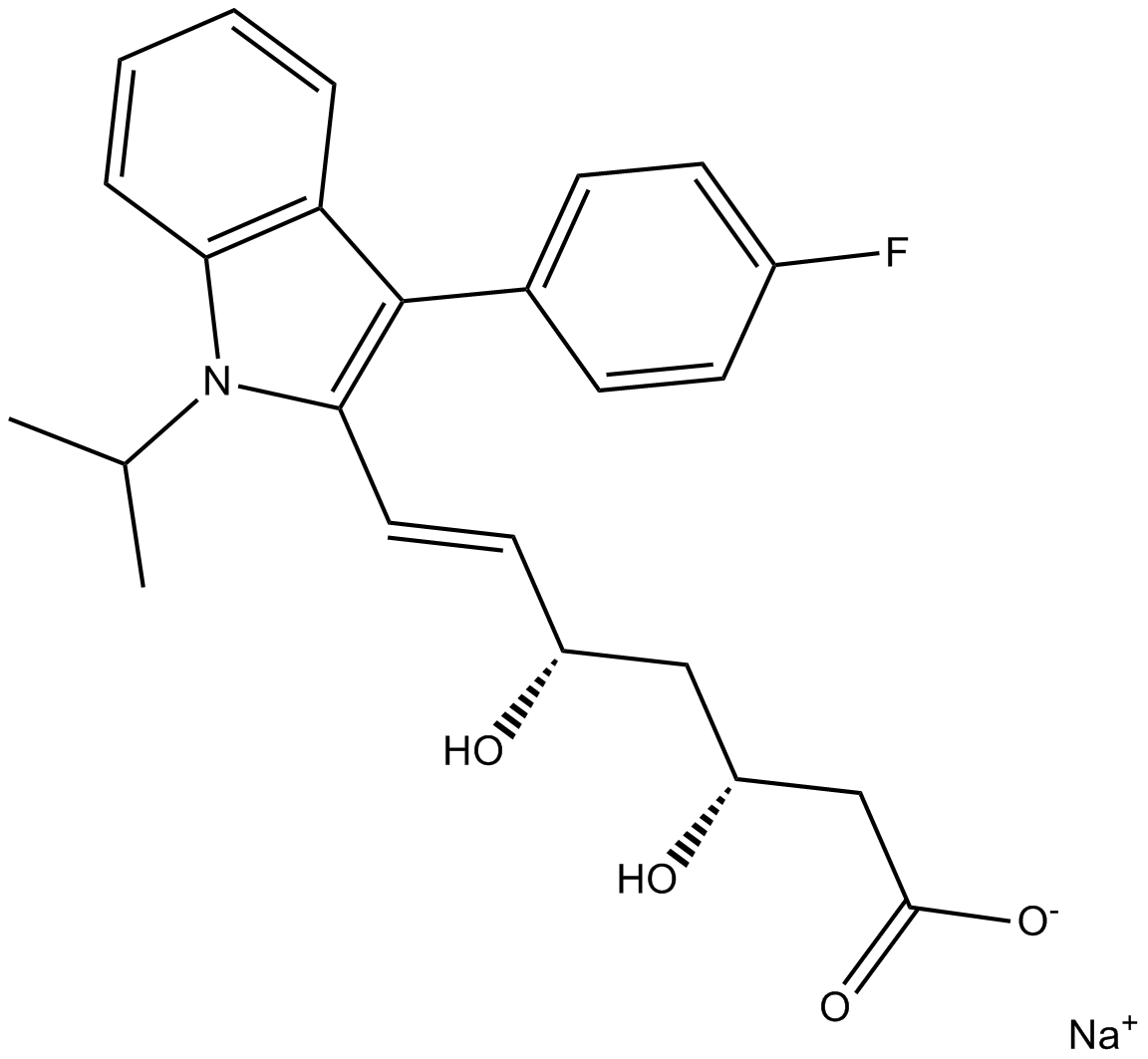 A4363 Fluvastatin SodiumSummary: HMG-CoA reductase inhibitor
A4363 Fluvastatin SodiumSummary: HMG-CoA reductase inhibitor -
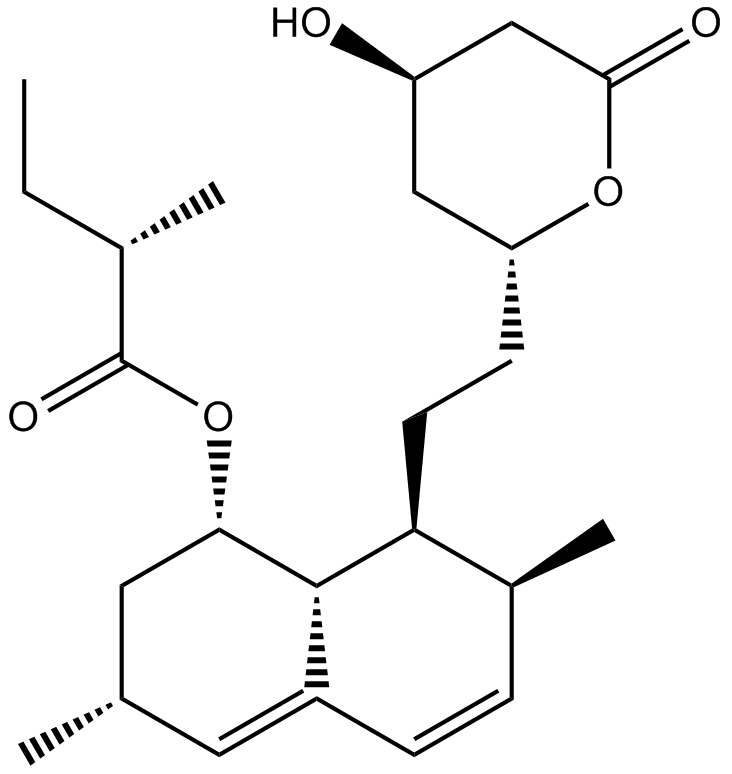 A4365 LovastatinTarget: HMG-CoA ReductasesSummary: HMG-CoA reductase inhibitor
A4365 LovastatinTarget: HMG-CoA ReductasesSummary: HMG-CoA reductase inhibitor -
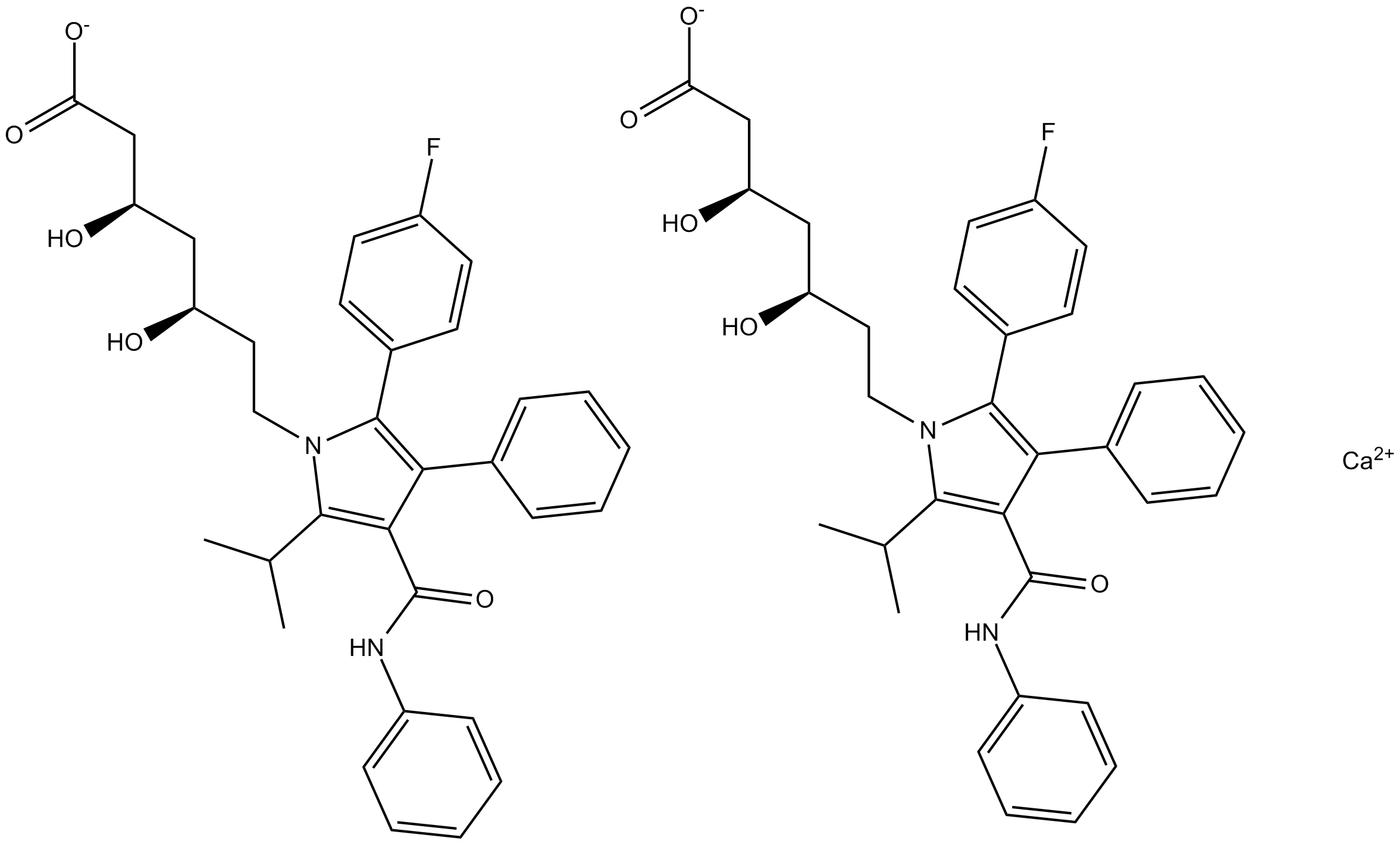 A4367 Atorvastatin CalciumTarget: HMG-CoA ReductasesSummary: HMG-CoA reductase inhibitor
A4367 Atorvastatin CalciumTarget: HMG-CoA ReductasesSummary: HMG-CoA reductase inhibitor -
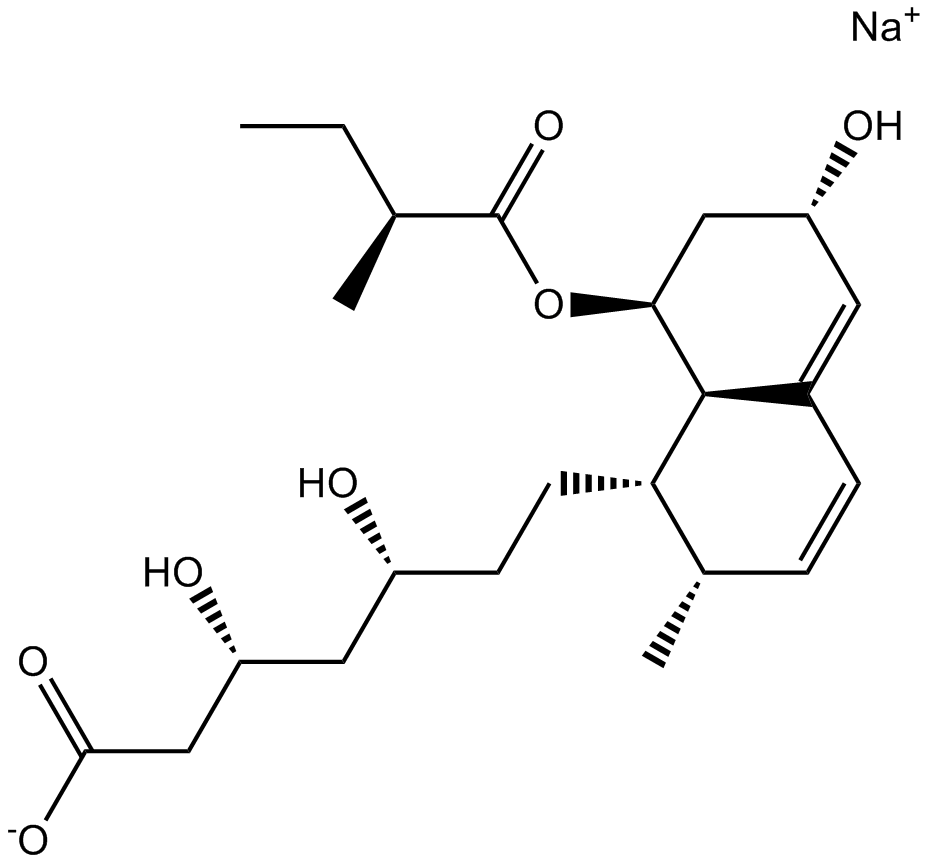 A4369 Pravastatin sodiumTarget: HMG-CoA ReductasesSummary: HMG-CoA reductase inhibitor,highly selective and competitive
A4369 Pravastatin sodiumTarget: HMG-CoA ReductasesSummary: HMG-CoA reductase inhibitor,highly selective and competitive -
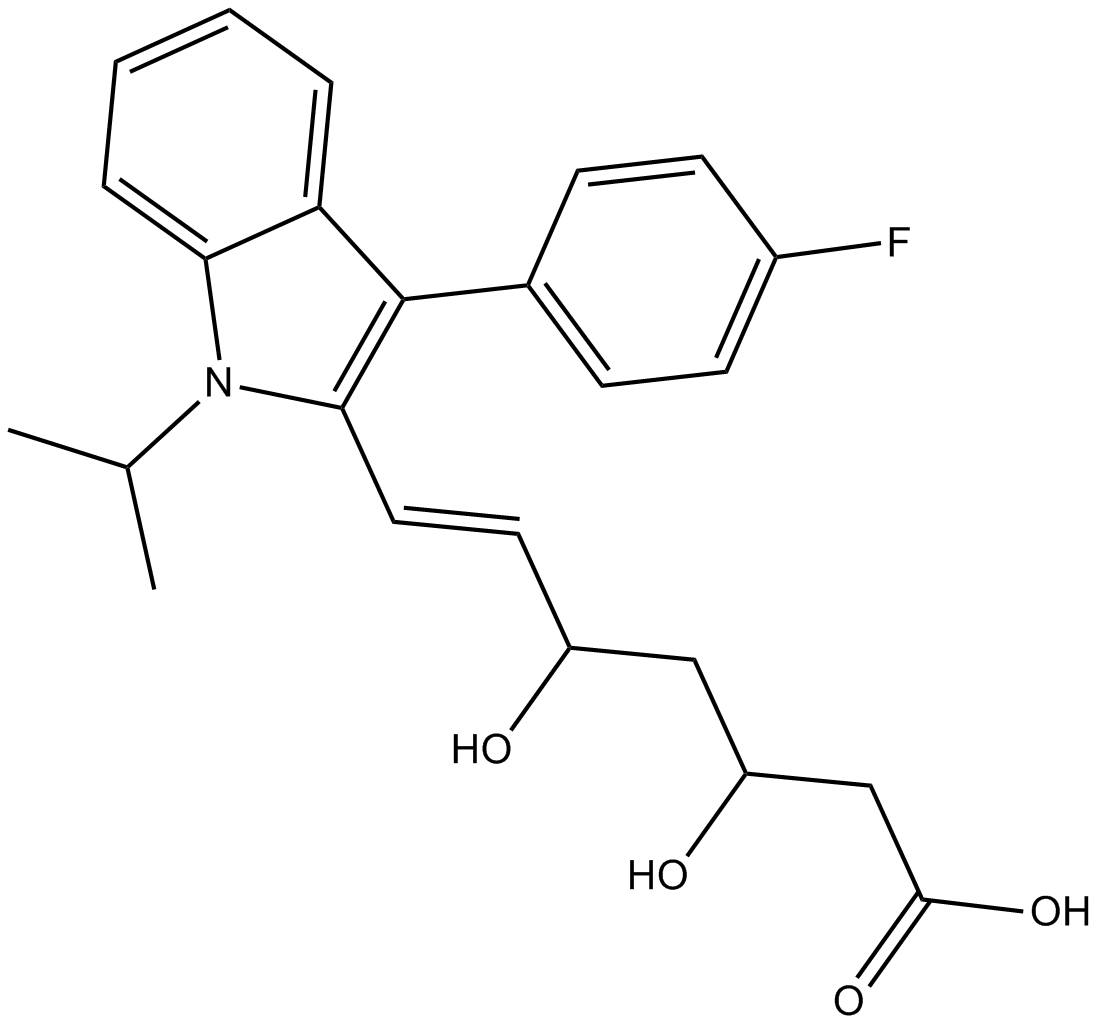 A3419 FluvastatinTarget: HMGCRSummary: HMGCR inhibitor
A3419 FluvastatinTarget: HMGCRSummary: HMGCR inhibitor -
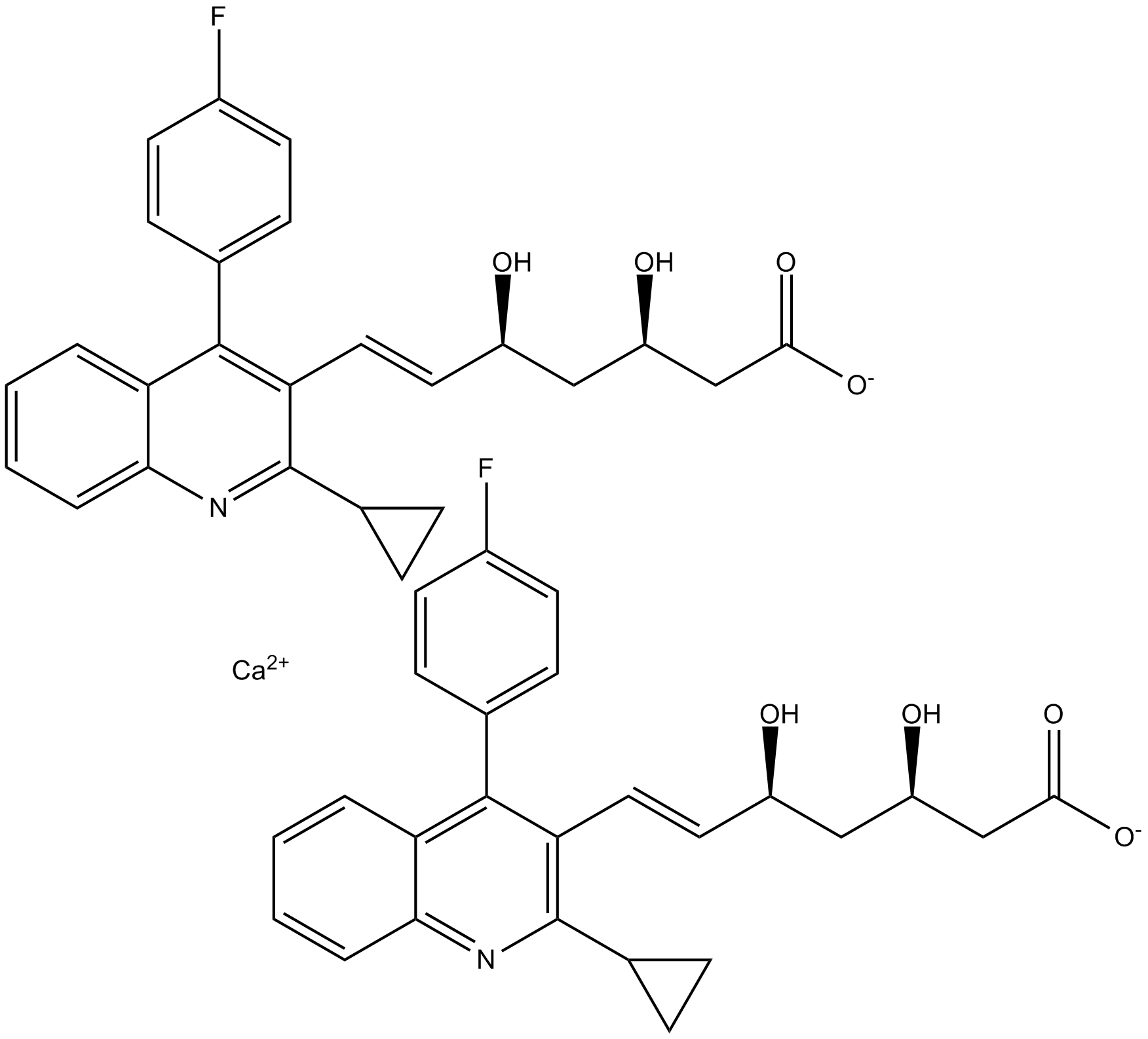 A8504 Pitavastatin Calcium1 CitationTarget: HMG-CoA ReductasesSummary: Enzyme HMGCR inhibitor
A8504 Pitavastatin Calcium1 CitationTarget: HMG-CoA ReductasesSummary: Enzyme HMGCR inhibitor -
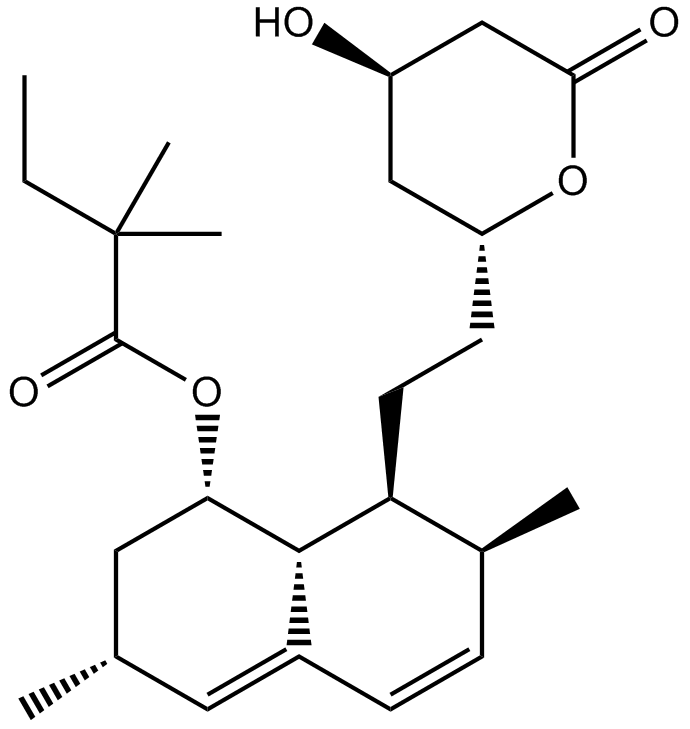 A8522 Simvastatin (Zocor)Target: HMG-CoA ReductasesSummary: HMGCR (HMG-CoA reductase) inhibitor
A8522 Simvastatin (Zocor)Target: HMG-CoA ReductasesSummary: HMGCR (HMG-CoA reductase) inhibitor -
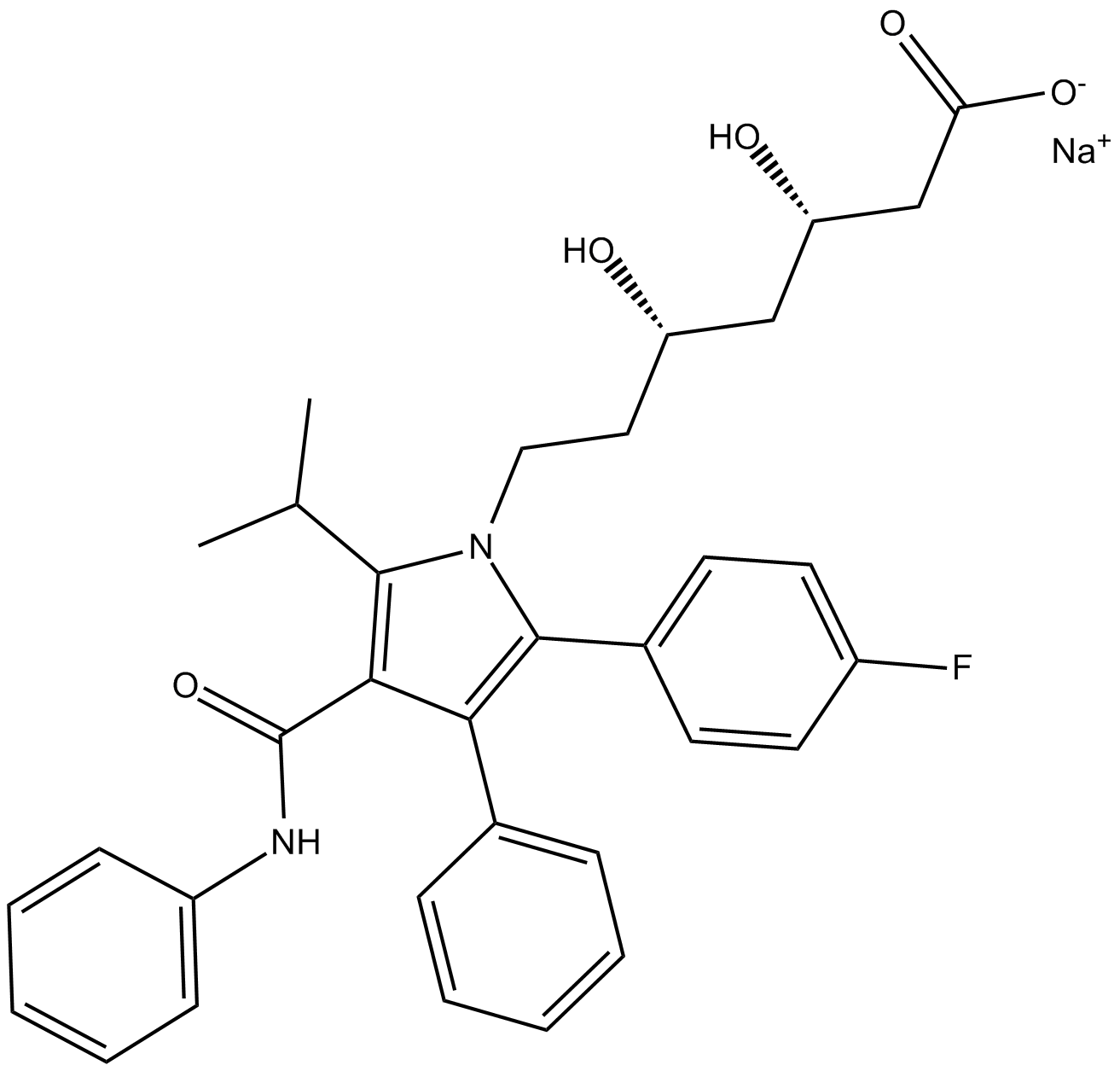 C4030 (3S,5S)-Atorvastatin (sodium salt)Summary: negetive control of Atorvastatin, HMG-CoA reductase inhibitor
C4030 (3S,5S)-Atorvastatin (sodium salt)Summary: negetive control of Atorvastatin, HMG-CoA reductase inhibitor -
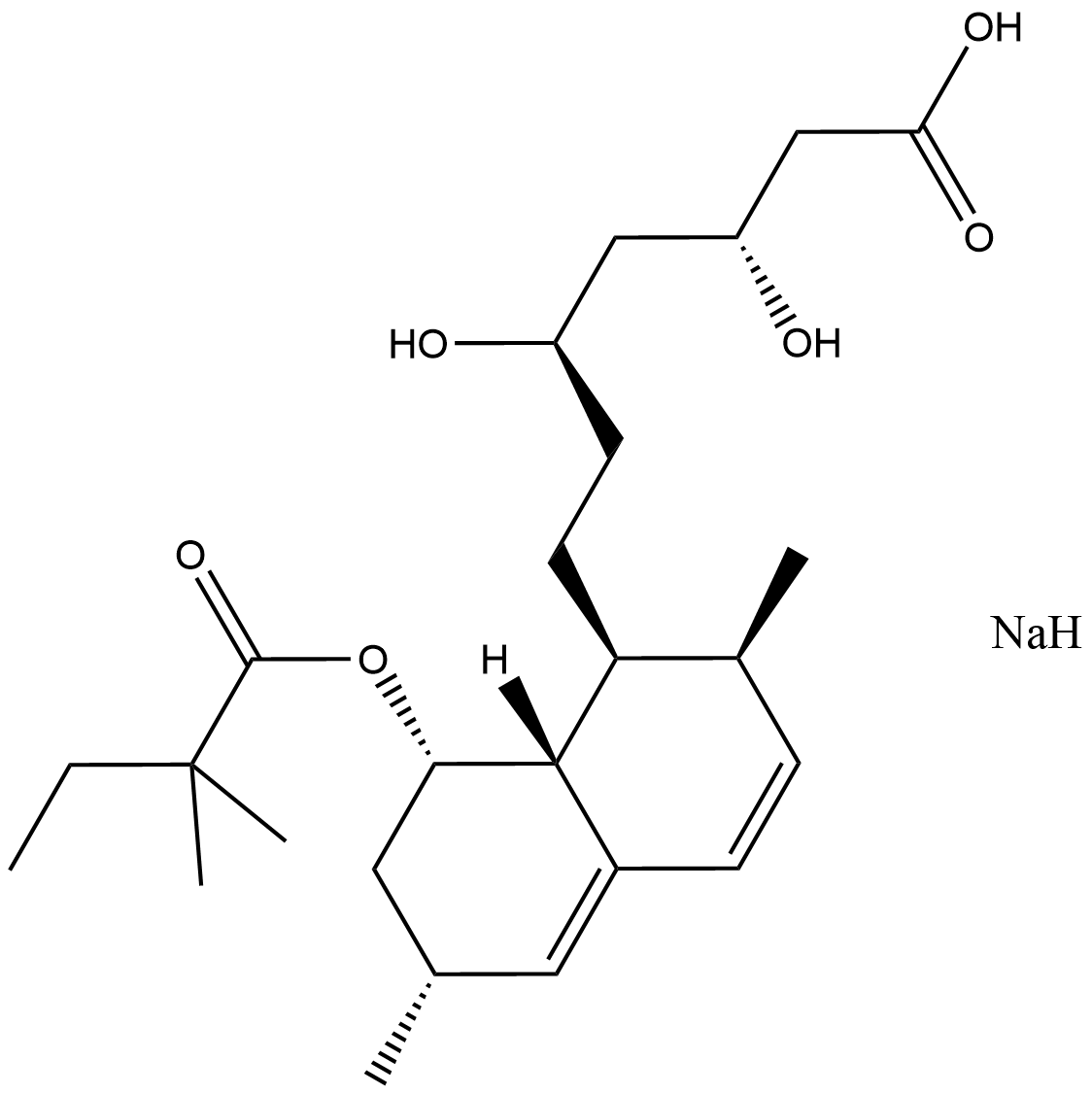 C4426 Simvastatin (sodium salt)Summary: HMG-CoA reductase inhibitor
C4426 Simvastatin (sodium salt)Summary: HMG-CoA reductase inhibitor -
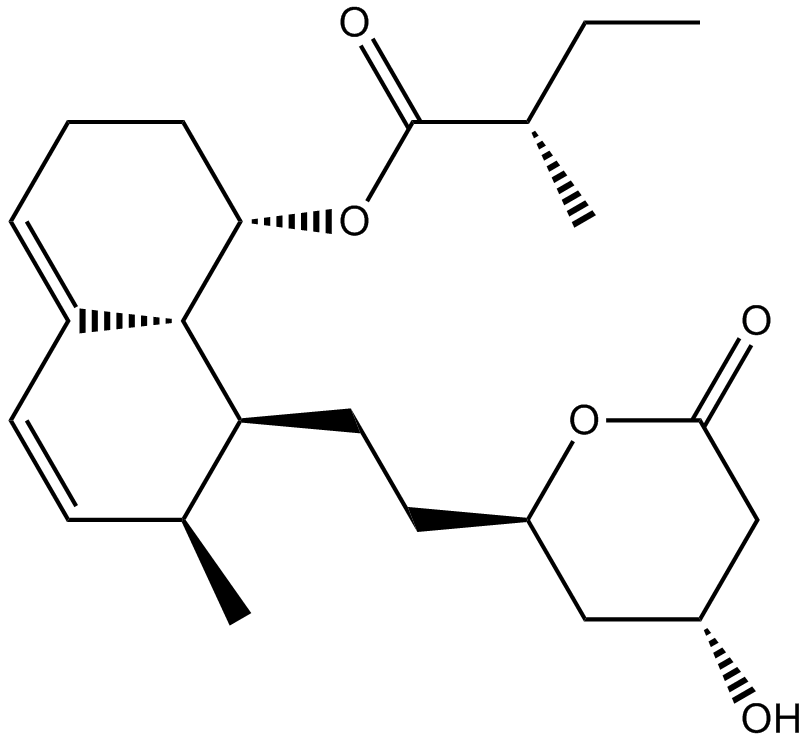 B1788 MevastatinTarget: HMG-CoA ReductasesSummary: HMG-CoA reductase inhibitor
B1788 MevastatinTarget: HMG-CoA ReductasesSummary: HMG-CoA reductase inhibitor

